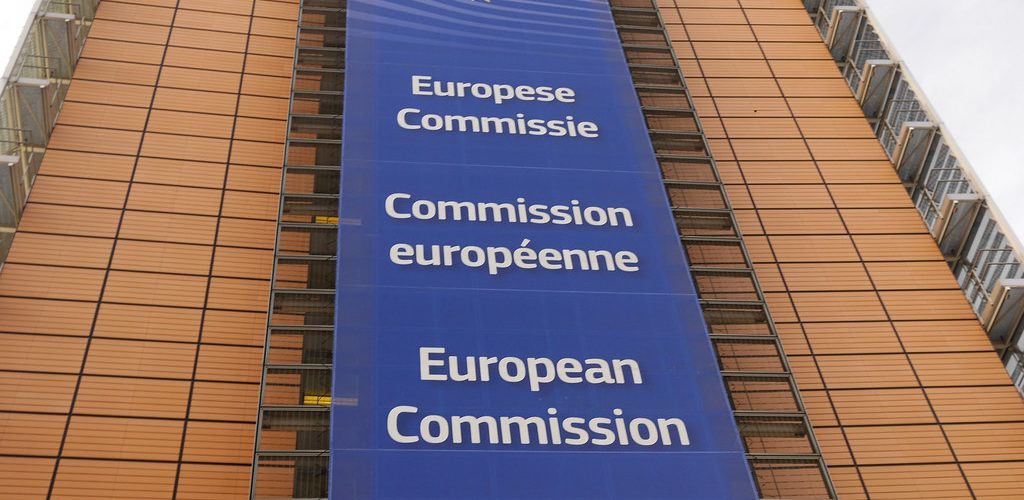On 10 February 2020, the European Commission published a report assessing the invoicing rules of the EU VAT Directive (2006/112).
The report discusses the extent to which Council Directive 2010/45/EU (Second Invoicing Directive or SID) achieved its objectives, namely (i) the reduction of the administrative burdens on businesses; (ii) the reduction of VAT frauds/impact on control activities; (iii) the proper functioning of the Internal Market; and (iv) the promotion of SMEs.
The assessment of the Directive is largely positive, as having effectively supported the simplification and harmonisation of invoicing and e-invoicing rules across the EU. The SID contributed to the uptake of the unstructured e-invoicing, the reduction of administrative burdens on businesses, the increase of legal certainty for economic operators and the proper functioning of the internal market. The provisions of the SID remain relevant and appropriate for stakeholders’ needs namely clearer, simpler and more harmonised e-invoicing rules.
In some areas, such as the improvement of tax control activities and SMEs promotion, the achievements were positive but lower than their potential.
The assessment also identified one shortcoming stemming from the SID, namely the lack of clarity on BCAT. Moreover, some other issues not derived from the SID but imposed at national level, have emerged, such as complex archiving rules and national e-reporting requirements.
Regarding the BCAT, there would be a need to provide more clarifications in order to tackle the above shortcoming. However, it is doubtful that such clarifications could be provided in the legislative text. This is because the intent of the BCAT is to encompass many different types of business processes and any definition included in the Directive would limit its scope and would risk becoming obsolete due to technological advancements. Furthermore, the tax
authorities seem to attach less importance to strict Integrity and Authenticity (I&A) rules because of the introduction of e-reporting requirements. Finally, it would risk imposing additional burden on business, especially on SMEs. Therefore, it could be explored whether the clarification of the BCAT could be better achieved by Commission’s Explanatory Notes and sharing of best practices in Member States. This could be accompanied by some further clarifications on the legal definition of e-invoices.
On the archiving rules, an area which is considered to be complex by businesses, it would be difficult to intervene at EU level since the detailed requirements on the storage of invoices are laid down by Member States. With the development of digital solutions, the reflection in this area could focus for instance on whether developing a standard for a European cloud service for storage of invoices could be useful.
As regards tax control, according to tax authorities and stakeholders current invoicing rules are well aligned with the needs of tax control activities and not much more can actually be obtained from invoicing rules to further improve tax control. Thus any possible amendment of the VAT Directive for this purpose would not bring much added value. Instead, many tax authorities are currently looking at how to get access to transaction data without having to get physical or electronic access to invoices, thus introducing effective and real-time e-reporting requirements.
The main focus of possible further improvements to promote SMEs would need to be on cash accounting. However, the cash accounting scheme is overall positively assessed by stakeholders and no emerging issues were signalled. In terms of the limited administrative burden reduction, this is mainly attributed to the lower uptake of the structured e-invoice. This was the policy choice made in the SID. A more radical approach considering only structured e-invoices as a valid document would require amendments to the existing legislation.
In conclusion, the invoicing rules introduced by the SID are assessed as working well by tax authorities and stakeholders and no major issues were identified. In the context of the fight against fraud and given the technological developments and the recent trends in certain Member States on e-invoicing and e-reporting, the Commission together with Member States will explore whether the potential of e-invoicing can be further unveiled at EU level. The Commission will also open a reflection on the e-reporting requirements and in particular
Source European Commission














